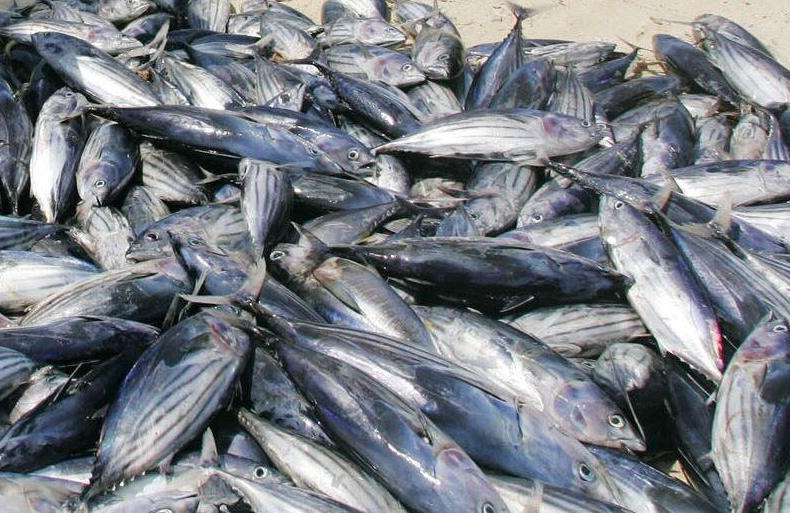The 'Brexit' reset summit has just begun in London. It is the meeting that should reconfigure the relationship between the United Kingdom and the European Union. With Keir Starmer, who voted 'no' to leaving the EU, as prime minister, and with the 'special relationship' between London and Washington at its weakest moment due to the isolationism of Donald Trump, the meeting is expected to mark a certain return of the UK to the European fold.
Even before the meeting began, a first fishing agreement, with high symbolic content especially for eurosceptics, has been leaked, which has been painted in terms reminiscent of the Book of Revelation. 'Starmer hands over access to British waters to the European Union for the next twelve years,' titled the 'Daily Telegraph', increasingly close to Nigel Farage's Reform Party.
In reality, it is not a historical revenge for Trafalgar, but something much more mundane: a fishing agreement that establishes European fleet access to UK fishing grounds for twelve years. It is a triumph especially for the French trawler fleet, which has achieved it thanks to the determination of the French government, led by Emmanuel Macron, to link almost any agreement, regardless of what was being negotiated, to this point. Scottish fishermen have reacted furiously. But the truth is that British fleet catches in their own territorial waters have not increased since 2017.
In exchange for the fishing agreement, the Starmer government has managed to get the European Union to agree to a phytosanitary agreement that facilitates the import of British agricultural and food products into the bloc. Unlike the fishing agreement, this one does not have an expiration date, so it is expected that in 2038, when renegotiating access to fishing grounds, the entry of British food into the Twenty-Seven will not be questioned.
The Starmer government will 'sell' to fishermen that this agreement will allow them to export more to the EU, although it is not clear if they will buy it. The agreement on phytosanitary and food standards also has favorable consequences for the British countryside, which, paradoxically, is leaning more towards the Reform Party every day. The European position in this area was for the agreement to be like the one Brussels has with Switzerland, renewable at certain intervals. But in the end, London got its way, to Macron's dismay, a staunch follower of the French tradition of fiercely protecting its farmers, famous for their traditional practices of raiding Spanish and other countries' trucks.
The 'summit' will also generate predictably more relevant and less visceral agreements in security matters, where the UK will become part of European defense in exchange for being able to participate in a portion of the $150 billion pie from the Commission to strengthen European armies due to the US disinterest in NATO and the threat from Russia.
Additionally, both parties will continue negotiating a definitive agreement that allows for the creation of a special visa for individuals under 30 to work in the EU, and vice versa. The main obstacle to achieving this goal is, surprisingly, France, which wants to limit the duration of that visa to two years.
